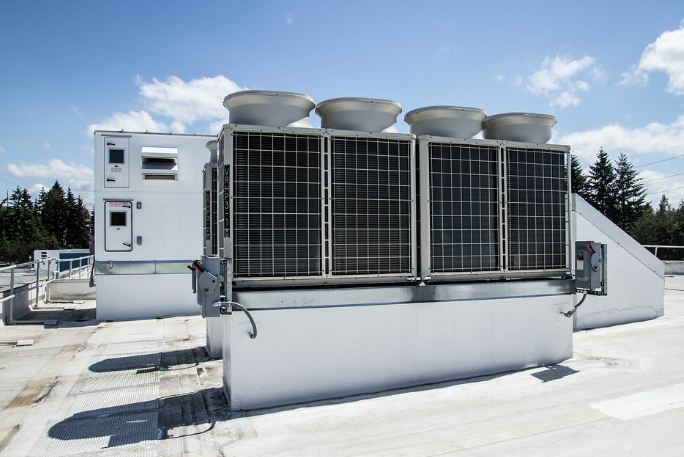 Commercial HVAC units are commonly installed on a business’s roof. These rooftop units have several advantages but do not assume they are the best option for your company. Some disadvantages may cause you to think twice before purchasing a rooftop temperature control system.
Commercial HVAC units are commonly installed on a business’s roof. These rooftop units have several advantages but do not assume they are the best option for your company. Some disadvantages may cause you to think twice before purchasing a rooftop temperature control system.
This article will detail a few of the pros and cons of rooftop HVAC systems Lakeville PA. Continue reading to find out if they are suitable for your business needs.
Pros
Though known as rooftop units, there is nothing that prevents them from being installed at ground level. The reason businesses often prefer to install the system on their roof is because they save space and discourage vandalism or burglary. Rooftop units must be able to withstand the elements since they sit outside year-round.
Usually, rooftop units are referred to as “packaged” systems because they contain every heating and cooling element in one cabinet. Split systems separate the heating and cooling equipment, typically placing the heating element indoors. The packaged nature of rooftop units allows technicians to quickly service and maintain the system.
Cons
Not every building is suitable for rooftop heating and air conditioning. If your roof does not have a flat space, you will need to consider a different option. Also, you must make sure your roof can withstand the weight of a heavy cabinet; otherwise, you risk damage and water pooling. Also, if you often get severe thunderstorms, they are more susceptible to storm damage than ground-level units. Consult with a professional about these potential pitfalls before committing to a rooftop unit.
Installing your air conditioner on the roof can save you space in your business. It also runs quieter since it is outside of the building. However, certain weather zones might prevent you from being able to install a rooftop system. Always work with a professional and get your facility inspected for safety before installation.






